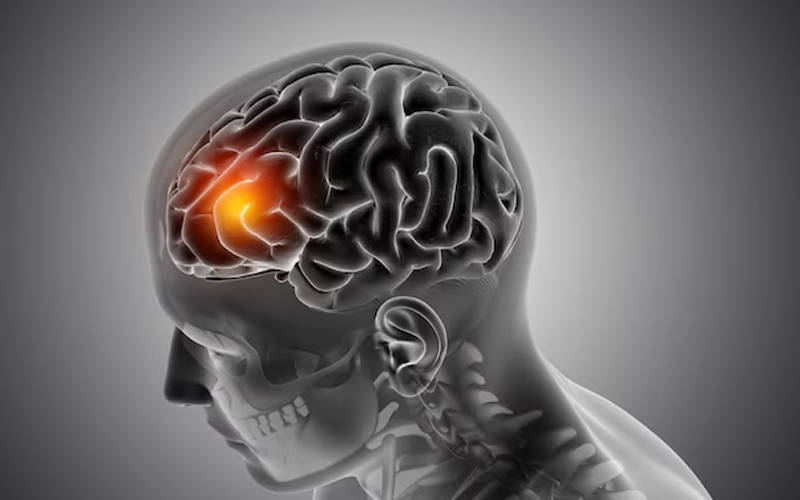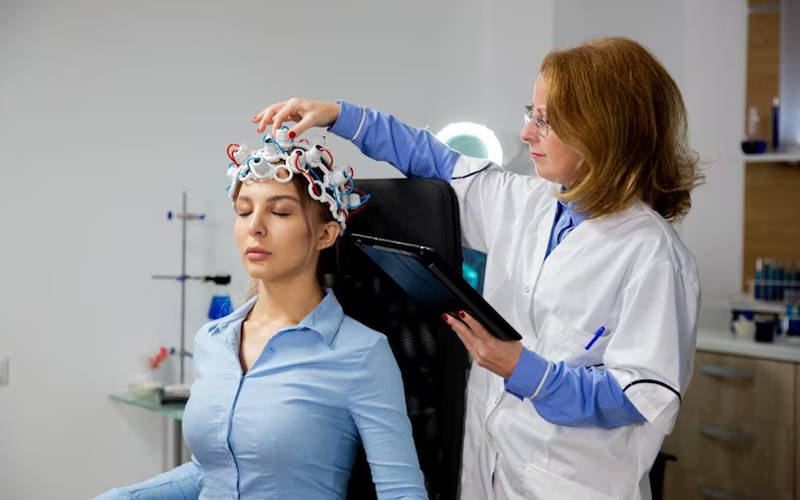Imagine a world where vitamin B12 nerve damage repair is as simple as taking a supplement. The potential of Vitamin B12 for nerve damage repair is an exciting prospect, offering hope to millions affected by peripheral neuropathy, diabetic neuropathy, and other nerve-related conditions. In this blog post, we will delve into the essential role of Vitamin B12 in nerve function, explore its potential for vitamin B12 nerve damage repair, and provide practical guidance on treatment options and lifestyle changes that support nerve health.
By the end of this journey, you will not only understand the importance of Vitamin B12 for nerve health, but also be equipped with the knowledge and tools to take charge of your own vitamin B12 nerve damage repair or help a loved one on their path to recovery.
Short Summary
- Vitamin B12 plays an essential role in nerve health, including myelin sheath formation and regeneration of damaged nerves.
- Peripheral neuropathy is often associated with Vitamin B12 deficiency. Supplementation can help repair nerve damage.
- Lifestyle changes such as diet, exercise and regular checkups are important components for successful treatment plans to restore nerve health.
The Role of Vitamin B12 in Nerve Health

Vitamin B12 Nerve Damage Repair
Myelin Sheath and Vitamin B12
Regeneration of Damaged Nerves
Peripheral Neuropathy and Vitamin B12 Deficiency

- Vitamin B12 supplementation
- Attention to diet
- Exercise
- Overall health
Symptoms of Peripheral Neuropathy
- Numbness
- Prickling
- Tingling
- Sharp, jabbing, throbbing, or burning pain in the feet or hands
- Muscle weakness
- Cramps
- Muscle twitching
- Loss of muscle and bone
- Changes in skin, hair, or nails
Risk Factors for Vitamin B12 Deficiency
- Age: Individuals over the age of 75 are at an increased risk of Vitamin B12 deficiency.
- Medical conditions: Digestive system disorders, chronic pancreatic disease, and genetic conditions like Imerslund-Gräsbeck syndrome can also contribute to the risk of Vitamin B12 deficiency.
- Medications: Certain medications, such as proton pump inhibitors and metformin, can interfere with the absorption of Vitamin B12.
- Dietary restrictions: Strict vegetarians and vegans who do not consume animal products are at a higher risk of Vitamin B12 deficiency.
Treatment Options: Using Vitamin B12 for Nerve Damage Repair

Oral Supplements
- tablets
- capsules
- liquids
- sublingual tablets
Injections
Combination Therapies
- Enhanced pain relief
- Improved treatment outcomes
- Increased tolerability
- Targeting multiple mechanisms of nerve repair
Optimal Vitamin B12 Dosage for Nerve Damage Repair

Daily Requirements
Therapeutic Dosage
Lifestyle Changes to Support Nerve Health

- diet and nutrition
- regular exercise and physical activity
- supporting nerve health
- supplementing Vitamin B12
Diet and Nutrition
- Meat
- Fish
- Dairy
- Fortified cereals
Exercise and Physical Activity
Monitoring Progress and Adjusting Treatment

Regular Check-ups
Signs of Improvement
- Reduced pain
- Increased sensation
- Improved muscle strength
- Sensations of tingling or electricity
- Absence of the need for surgical intervention for nerve healing
- Temporary numbness, weakness, or loss of function that resolves over time
- Decrease in symptoms such as pain, numbness, tingling, and other unpleasant sensations.
Summary
Frequently Asked Questions
How long does it take B12 to repair nerves?
How much B12 should I take for nerves?
What is the best vitamin for nerve repair?
What does B12 nerve damage feel like?
What are the symptoms of peripheral neuropathy?










